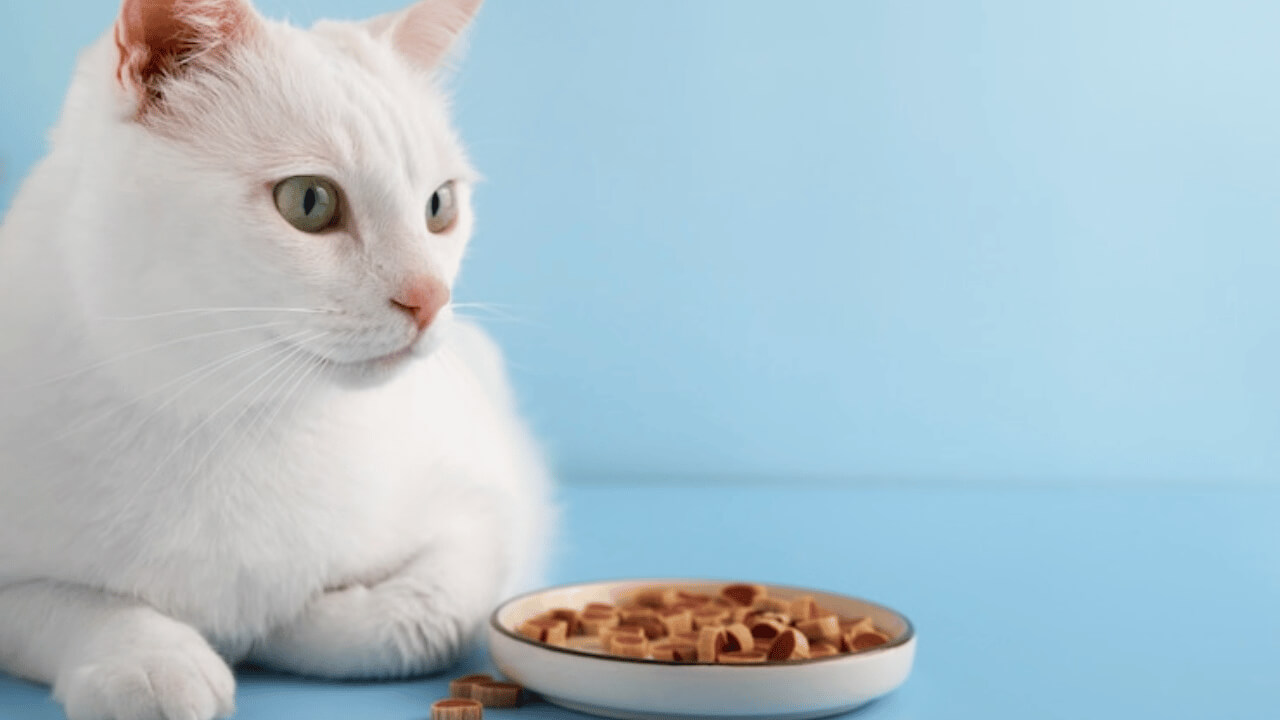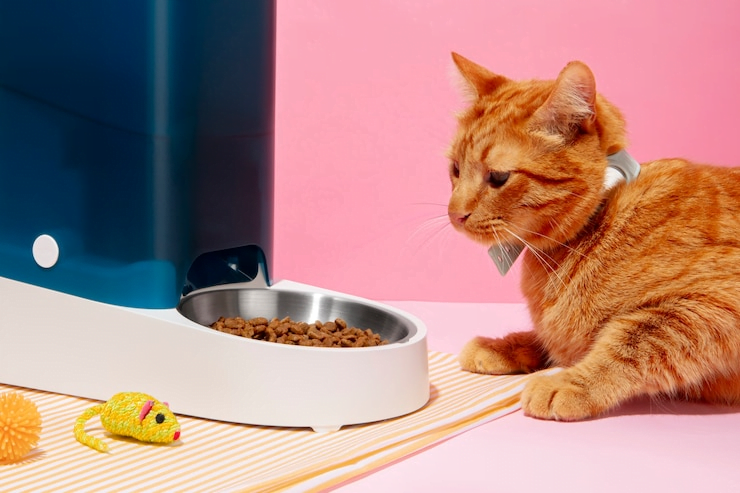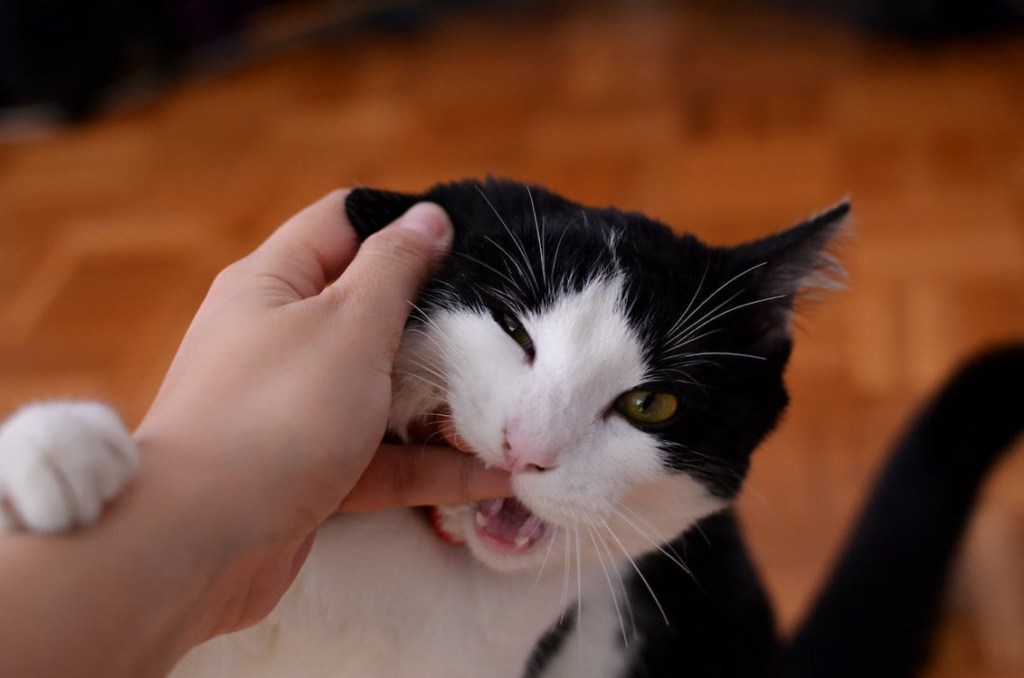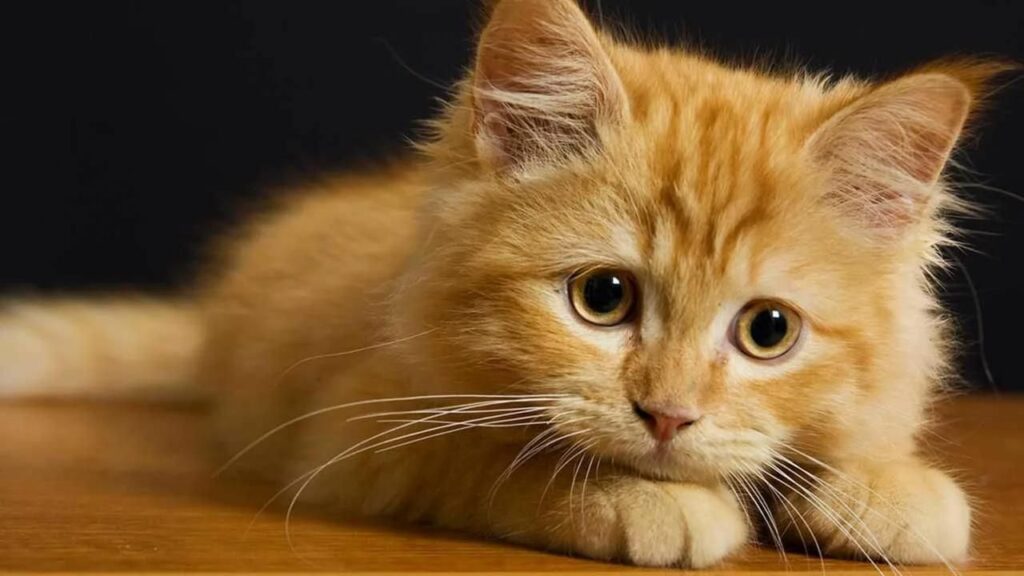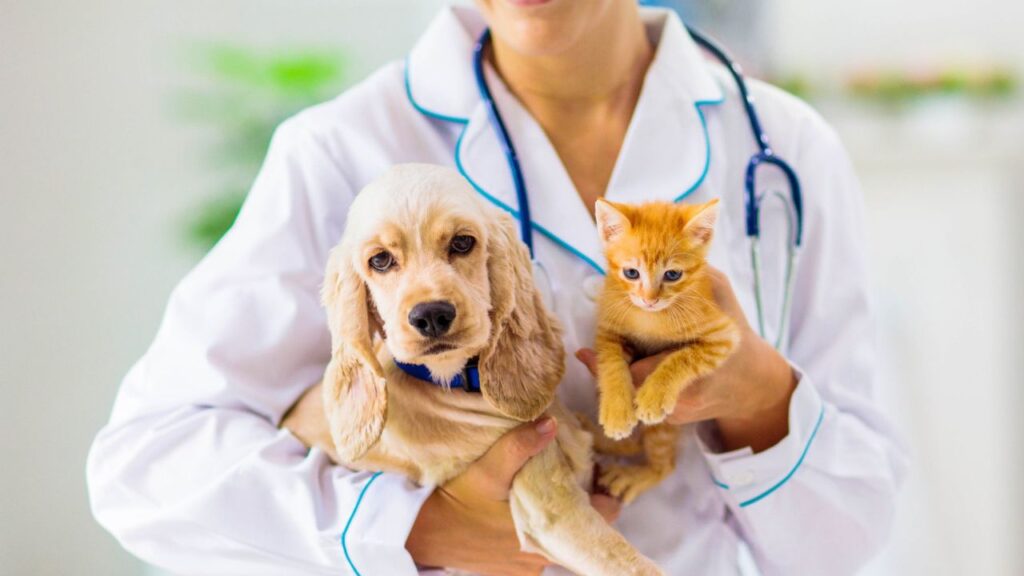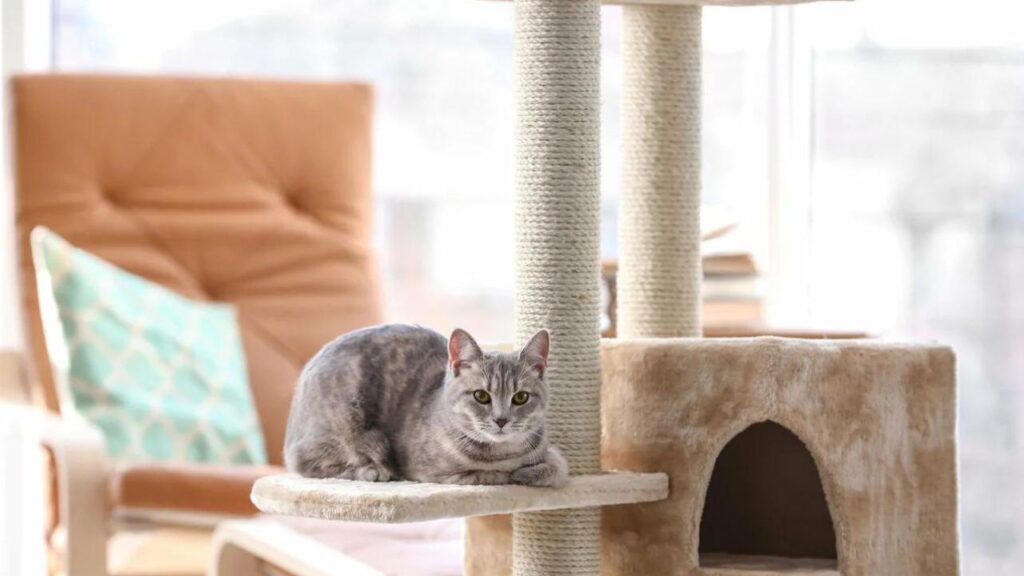
Grain free Cat Food – Is Grain-free Food Better for Cats?
Grain free cat food has gained significant popularity among pet owners in recent years, with claims of being a healthier option for feline companions. But is grain-free really better for cats? Let’s delve into this topic to uncover the truth behind grain-free diets and their impact on cats’ health and well-being.
Introduction
In today’s pet food market, the trend towards grain-free cat food continues to grow, fueled by the belief that cats thrive on diets more akin to what they would consume in the wild. This shift has sparked debates among pet owners and veterinarians about the benefits and potential risks associated with grain-free nutrition for cats.
Understanding Grain-free Diets
Grain-free cat food refers to formulations that exclude common grains like wheat, corn, and soy. Instead, these diets often rely on alternative carbohydrate sources such as peas, lentils, or potatoes. The aim is to provide a diet more aligned with a cat’s ancestral preferences and dietary needs.
Potential Risks and Concerns
While grain-free diets have their advantages, there are also concerns associated with them.
Taurine Deficiency
Some grain-free formulations may lack adequate taurine, an essential amino acid crucial for feline heart health and vision.
Link to Heart Disease
Recent studies have suggested a potential correlation between grain-free diets and an increased risk of dilated cardiomyopathy (DCM), a serious heart condition in cats.
Nutritional Needs of Cats
Cats are natural-born meat-lovers, designed to thrive on a diet rich in animal-based proteins for their essential nutrients. They have specific requirements for amino acids, vitamins, and minerals that can be met through a balanced diet.
Pros and Cons of Grain-free Diets
Grain-free diets are praised for potentially reducing allergic reactions, improving digestion, and promoting healthier skin and coat. However, concerns exist regarding the adequacy of nutrients and the increased risk of certain heart conditions linked to taurine deficiency.
Health Considerations
Some health conditions, like allergies or sensitivities, may benefit from a grain-free diet, while others, such as heart disease, could be exacerbated. It’s crucial to tailor dietary choices based on individual cat needs and health status.
Common Ingredients
Grain-free formulas often incorporate quality animal proteins like chicken, fish, or turkey, alongside nutrient-rich vegetables and fruits. These ingredients aim to mimic a cat’s natural diet and provide essential nutrients.
Transitioning to Grain-free Food
Switching a cat to a grain-free diet should be done gradually over several weeks to prevent digestive upset. Mix small amounts of the new food with the old to ease the transition.

Choosing the Right Grain-Free Food
Look for Quality Protein Sources
Opt for grain-free foods that prioritize real meat as the primary ingredient, ensuring your cat receives essential amino acids.
Check Taurine Content
Ensure the diet contains sufficient taurine levels, either naturally or through supplementation, to support heart health.
Avoid Fillers and Additives
Steer clear of foods containing excessive fillers, artificial flavors, or preservatives that may compromise nutritional value.
Research and Expert Opinions
Veterinarians emphasize the importance of balanced nutrition over the absence of grains alone. They recommend choosing reputable brands that prioritize nutritional integrity and meet industry standards.
Addressing Misconceptions
One common myth is that grains are inherently harmful to cats. However, grains can be a viable energy source if properly processed and balanced within a cat’s diet.
Grain-free Cat Food Brands
Several reputable brands offer grain-free options, including Blue Buffalo, Wellness, and Taste of the Wild. These brands often undergo rigorous testing to ensure product safety and quality.
Benefits of Grain-Free Diets for Cats
Enhanced Digestibility
Grain-free cat foods can be easier on your cat’s digestive system, especially if they have sensitivities to grains. These diets typically contain higher levels of animal-based proteins that are easier for cats to digest.
Potential Allergy Management
For cats with grain allergies or sensitivities, switching to a grain-free diet may alleviate symptoms like skin irritations or gastrointestinal issues.
Weight Management
Grain-free diets often have a higher protein content and lower carbohydrate levels, which can assist in weight management and maintaining lean muscle mass.
Monitoring Your Cat’s Health
Regularly monitor your cat’s overall health and well-being when switching to any new diet. Look for changes in appetite, coat quality, litter box habits, and energy levels.
Common Misconceptions
Grain-Free Equals Carb-Free
Grain-free does not necessarily mean low-carb. It’s essential to choose balanced diets that meet your cat’s nutritional needs.
All Grains Are Bad
Not all grains are detrimental to cats. Some cats can tolerate and benefit from whole grains like brown rice or oats.

Real-World Experiences
Many cat owners have reported positive outcomes after transitioning their cats to grain-free diets. Improved energy levels, reduced allergic reactions, and glossier coats are among the benefits observed. However, individual results may vary, and it’s essential to monitor your cat’s health closely after making dietary changes.
Alternative Diets
Grain-free isn’t the only alternative for cat owners looking to optimize their pet’s nutrition. There are balanced diets that include grains or alternative carbohydrate sources that can also meet a cat’s nutritional requirements. Exploring different options with your veterinarian can help identify the most suitable diet for your cat’s specific needs.
Risks and Warnings
While grain-free diets can offer benefits, they also come with risks. Carefully monitor your cat’s health and weight when transitioning to a new diet. Some cats may not thrive on grain-free food and could experience adverse effects. Always seek professional guidance if you have concerns about your cat’s dietary choices.
Conclusion
In conclusion, grain-free cat food can be a suitable choice for some cats, particularly those with grain-related allergies or sensitivities. However, it’s essential to consider individual health needs and consult with a veterinarian before making dietary changes. The key is to prioritize balanced nutrition above trends to ensure the best possible health outcomes for our feline companions.
FAQs about Grain-free Cat Food
What are the benefits of feeding grain-free food to cats?
Grain-free diets can benefit cats with allergies or sensitivities to grains, potentially improving skin and coat health.
Are there any risks associated with grain-free diets?
Yes, some grain-free diets may lack essential nutrients like taurine, leading to potential health issues if not properly formulated.
How can I tell if my cat needs a grain-free diet?
Consult with a veterinarian if your cat exhibits signs of allergies, digestive issues, or skin problems that may be linked to grain consumption.
Can kittens eat grain-free food?
Kittens have specific nutritional requirements and should be fed a diet formulated for growth, which may or may not be grain-free.
Is grain-free food suitable for all cats?
Not necessarily. Cats with specific health conditions or dietary needs may require different nutritional profiles.

